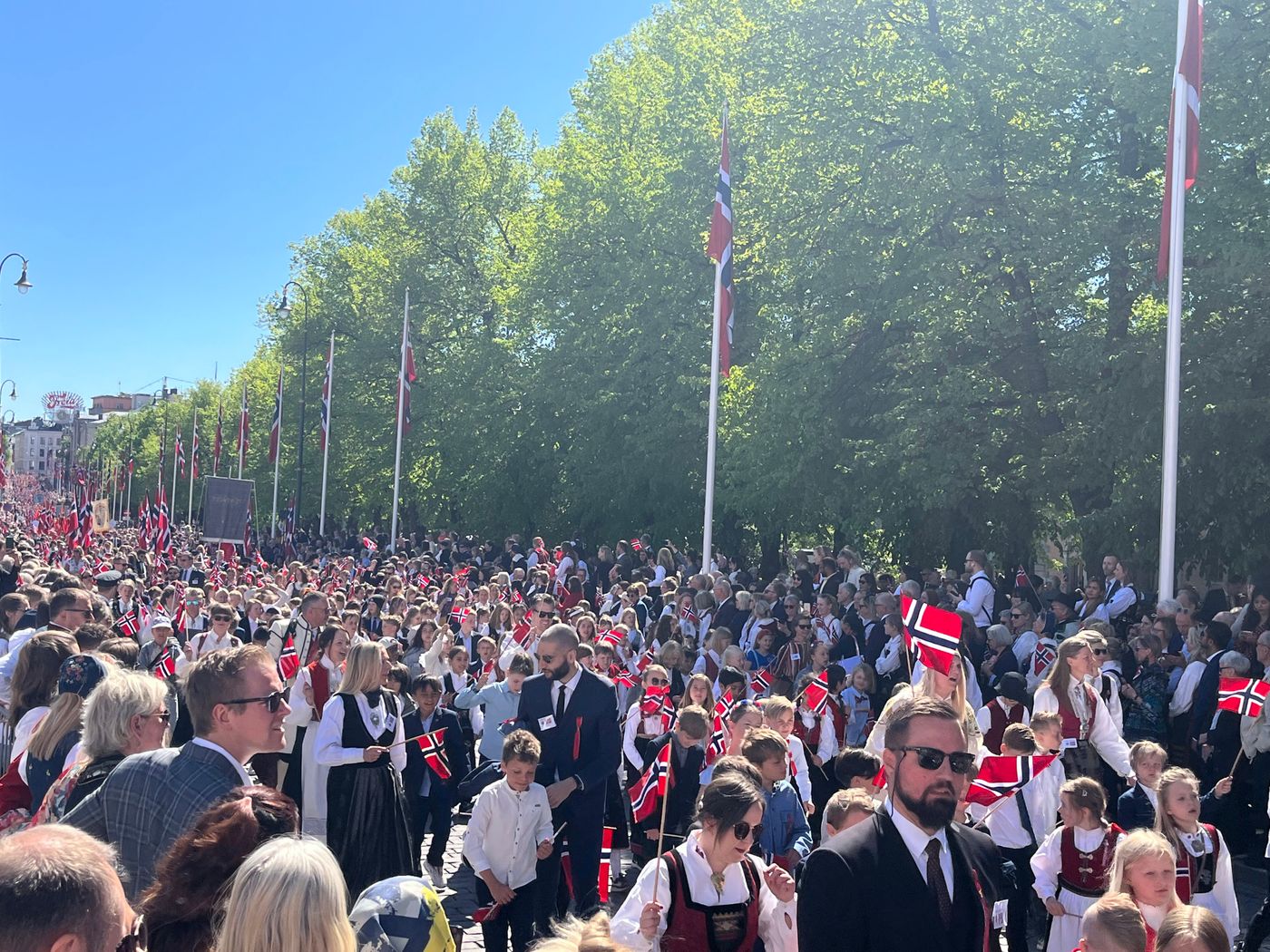
Hej, trevligt att träffa
what a big joke
I want to talk about a few ideas related to "talking".
1. Egg Ball Teng
Yesterday, I saw Tan Weiwei's new song called "But I Beg for Pain". After a few seconds, I realized that it was an expression in Sichuan dialect; but I spent another hour thinking about what this expression actually means. In fact, the first thing that came to my mind was Eason Chan's "Yes but begging for love", which happened to contain the word "but begging". I vaguely felt that the expressions of the two dialects had a mysterious connection, and both had a kind of "casual" But at the same time, I feel that there is still a difference between "but begging pain" in Sichuan dialect and "yes but" or "qiuqi" in Cantonese.
I'm actually a little frustrated, I seem to have lost my natural understanding of my own dialect. The next day, these three words popped up from time to time, but I just wasn't sure what the expression meant. So I searched the Internet reluctantly, and it turned out that ordinary people wrote these three words as "egg ball teng", and then suddenly many things can be explained. Egg ball teng, we generally use to express a gesture of helplessness and giving up that "it's useless to do it".
The same pronunciation, written in different Chinese characters, gives people a completely different feeling. I later read the introduction to the song in an online press release, saying that the creator wanted to express a positive emotion in the face of adversity. I really want to say "shit". Secretly changing the Chinese characters of this expression, and then redefining the most interesting part of its meaning, I don't know who gave this courage. The expression Egg Ball Teng is really Sichuan, with a casual and free sense of black humor, which has nothing to do with positivity, nor should it have anything to do with it. I really hate this kind of hegemony of the dialect, because people who don't use the dialect don't understand the specific expression, they create new meanings for them, and the new meanings completely reverse the dialect expression itself. It's really uncomfortable to have to complacently promote this kind of behavior after it's over. But in the end, others have a certain right to speak. What can we do? It's really ballsy to get angry.
2. Slowly moving microphone
Speaking of the right to speak, I thought of the two videos I saw in the past two weeks about Shanghai's unblocking, both of which happened on the Shanghai subway. In the first video, a reporter from Shanghai People's Broadcasting Station sits next to a middle-aged lady, puts the microphone in front of the lady and asks, "How does it feel to be able to get on the subway?" The lady said in a passionate tone, "I'm very happy!" I feel that the reporter should be very happy to hear these three words, and it is considered to have met a "good" interviewee. Unexpectedly, the lady continued to say: "It's been closed for nearly two months." At this time, the reporter vaguely felt that things were starting to develop in a strange direction, so he secretly moved the microphone a little bit toward him. The lady didn't stop and continued: "Since I was born, I have never experienced such a day." At this point, the reporter already knew that something was wrong, and immediately put the microphone back to her side, and even turned the microphone toward her to reduce the radio. She moved behind her back, but unfortunately the quality of the TV station's microphone still passed the test. The lady kept gushing: "I'm locked at home, I can't go out!" Now, even the reporter in charge of the camera also found that the development of the matter was beyond imagination, so he took the initiative to make a decision. The camera also moved away from the interviewee and began to scan the seemingly empty subway car. However, the lady being interviewed was still speaking, and the last sentence I heard in the video had a fading effect: "What a big joke!" This last sentence clearly felt that the reporters outside the camera were working hard. The microphone is "hidden", so there is a weakening effect; but strangely, because the subway car is relatively empty, this sentence is invisibly pulled back by the echo, creating a "sounding" effect. The entire video is only 30 seconds long, but it is very dramatic. The other video is actually similar. It is a live broadcast of The Paper on the subway. The live broadcast handed the microphone to a woman wearing a mask and asked her: "You also bought a ticket today and know that the subway line is operating." The lady was a little confused at first. , and then explained that the information was obtained by the daughter and helped to buy the ticket. It is reasonable to say that the reporter's question has been answered. Unexpectedly, the lady did not want to stop, and then complained: "It is really too difficult for us here, and we have not delivered anything here for more than 50 days. I've..." But the surging reporters were obviously quicker to respond. From the "more than 50 days" onwards, the microphones were immediately removed. Although the complaint that "materials have not been sent" can still be heard, the lady's complaint was later heard by the reporter "" All right," interrupted, and the interview ended.
In addition to the extremely similar interview scenes between the two videos, the two removed microphones are also worthy of attention. Why did the reporter remove the microphone? Was it something the interviewee said that they (and the audience they thought) didn't want to hear? So what do you "want" to hear? Don't viewers "want" to hear some facts when they watch the news? Don't reporters also "want" to present some facts? Was the microphone removed because the interviewee wasn't telling the truth, or did someone not "want" to hear it? And who doesn't "want" to hear it? Of course, it is the leader of the reporter, the higher-level unit of the leader, the higher-level, higher-level, higher-level of the higher-level unit... The microphone is a channel of speech, and who has the power to remove the channel from which we happen? Why should we remove the channel of our voice? What force makes a reporter actually try to "hide" the microphone? These two drifting microphones are really a perfect metaphor for the current environment. I think it should be the power given to us by the constitution. However, this basic right is slowly being "removed", which is a big joke.
3. Constitution Day
Speaking of the Constitution, I would like to share a particularly novel insight recently. I recently moved to Norway from Sweden, just in time for Norway's National Day on May 17th. This is the biggest festival in Norway, bigger than Christmas and Easter. People all over the country and Norwegians abroad will be involved in large or small celebrations on this day. One of the most interesting things about this festival is that Norway didn't officially become an independent country until 1905, but the May 17th celebrations started before that. Because this day is National Day, but its other name is Constitution Day, which is a more common name in many news reports or travel promotions. Probably on May 17, 1814, Norway's first constitution was born. In order to prevent it from being ceded to Sweden in the Napoleonic Wars, the Norwegian constitution declared Norway an independent country. Of course, Norway became part of Sweden in the same year and did not become independent until the aforementioned 1905. The Norwegian constitution is one of the oldest constitutions in the world. Of course, it has undergone many revisions over the years, and recently added chapters related to human rights.

Seriously, I'm not trying to say how superior any of these country systems are, after all, constitutions, many countries have. I just want to express my surprise that the people here respect the constitution by giving the country's most solemn celebration to the constitution, a text that was born a century before the country's formal independence. I think they know that the constitution may even be more important than the concept of the state, because it is people's basic imagination and expectations of a country, and it is an important tool to restrain those in power. You can know through the constitution that people want to build their country into a what is it like. It is also out of respect. People should also know that the Constitution should not be arbitrarily amended by simply raising one's hand and saying "no objection".
4. The last generation
After talking about three things, I think that in essence, the three things are more or less inextricably linked. For example, why is there so much emphasis on positivity and positive energy now? Wouldn't it be enough if I just say "Egg Ball Teng" and just give up on myself? No, so "Egg Ball Teng" has to become "but begging for pain", maybe because someone "wanted" you to do it, so when you say "Egg Ball Teng", the microphone will only get farther and farther away, and it really arrives On the screen, it became "but begging for pain" that conforms to the "norm". What is this "norm"? I really don't know this.
My friends and I have jointly run a WeChat public account for almost 7 years, mainly Gun Gun, C and I are writing. The day before yesterday, C posted an article recording his daily life in Beijing under the current epidemic, but he did not expect it to be deleted by the platform on the grounds of violation. Later, C angrily ran to appeal, and the result of the appeal came out, and told you plainly: "After review and confirmation, this article is indeed illegal." This is an "illegal act." Woolen cloth? What law was violated? I don't quite understand this.
A particularly interesting knock-on effect is that because C’s article was deleted, even an article I wrote last March about changing the lyrics of a variety show at random was also deleted for no reason. The article said that a variety show changed the words "hegemony" in Huang Weiwen's "Fate Hard", and this kind of self-castration is ridiculous. Now, this article has also been castrated. So I tried my best to find the original manuscript of this article, and then I wanted to post the article on Douban. Before posting, I wisely deleted a lot of paragraphs that I thought might be "illegal". An hour later, Douban sent me a message and told me that my post was also deleted. A few seconds later, another message came out saying that my profile picture was also illegal, so they removed my profile picture too. What is my avatar? It's a cartoon "bear" thing I've been using for ten years, and I swear, when I first used this image, it didn't have any extended meaning! But, fortunately, Douban is kind, he didn't judge me as "illegal", but only said that I violated the community rules, which really made me feel grateful.

It suddenly occurred to me that breaking the law seems to be quite scary. I heard that it will affect three generations. C said he is not afraid, this is his last generation, what a big joke, is it okay to say (.gif)? After talking so much, writing so much, thinking so much, and even thinking of three generations, children and grandchildren, the last sentence is still the same, Egg Ball Teng.
Like my work?
Don't forget to support or like, so I know you are with me..
Comment…